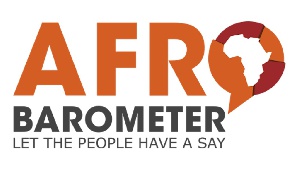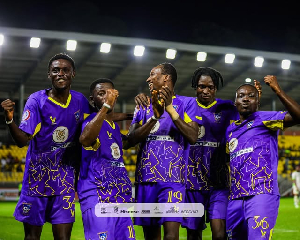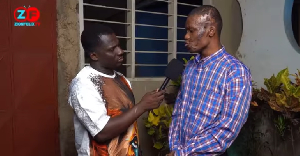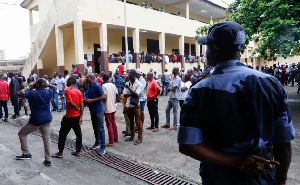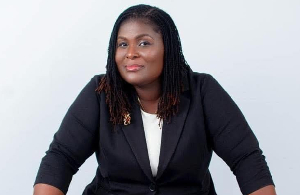Most Ghanaians endorse the rule of law and the legitimacy of key state enforcement bodies, a recent Afrobarometer survey reveals, affirming that the rule of law should and in fact does anchor democratic practices in the country. Even so, there is a widespread – and growing – belief that inequities exist in how laws are applied, with unfair advantage given to officials
and the wealthy.
These findings are being released at a time of high optimism among Ghanaians that the newly appointed Special Prosecutor will ensure that officials who commit crimes are brought to book without fear or favour.
Key findings
* Large majorities of Ghanaians affirm that:
- Parliament should ensure that the president explains government spending (75%);
- The president must obey the laws and courts, even if he thinks they are wrong (75%);
- Citizens should obey the government, regardless of whether they voted for it (90%);
- The police have the right to demand obedience to laws (88%), the tax authorities have the right to make people pay taxes (87%), and the courts have the right to make decisions that people always have to abide by (78%) (Figure 1).
* Three-fourths of Ghanaians also believe that in practice, the president “rarely” or “never” ignores Parliament (76%) or the courts and laws of the country (75%) in order to do as he pleases (Figure 2).
* A majority say that people are “often” or “always” treated unequally under the law (62%) and that officials who commit crimes are “somewhat” or “very” likely to go unpunished (67%) (Figure 3).
* More than eight in 10 citizens believe the rich are likely to be able to pay bribes or use personal connections to avoid going to court (83%), avoid paying taxes (84%), or register land that does not belong to them (88%) (Figure 4).
Afrobarometer
Afrobarometer is a pan-African, non-partisan research network that conducts public attitude surveys on democracy, governance, economic conditions, and related issues across Africa.
Six rounds of surveys were completed between 1999 and 2015, and Round 7 surveys are being conducted in 2016/2018. Afrobarometer conducts face-to-face interviews in the language of the respondent’s choice with nationally representative samples.
The Afrobarometer team in Ghana, led by the Ghana Center for Democratic Development (CDD-Ghana), interviewed 2,400 adult Ghanaians between September 9 and 25, 2017. A sample of this size yields results with a margin of error of +/-2% at a 95% confidence level. Previous surveys have been conducted in Ghana in 1999, 2002, 2005, 2008, 2012, and 2014.
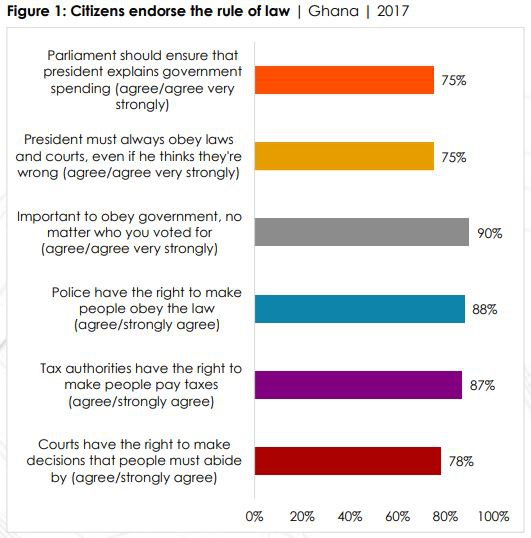
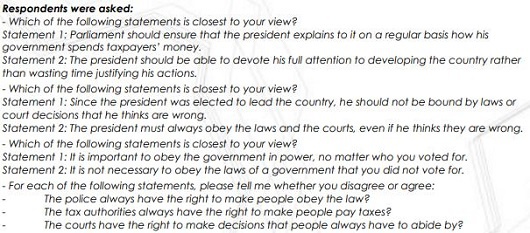


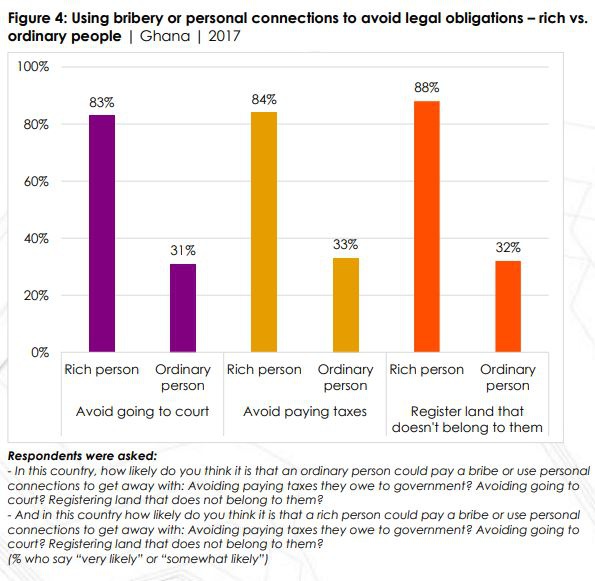
General News of Monday, 19 March 2018
Source: Center for Democratic Development (CDD)

